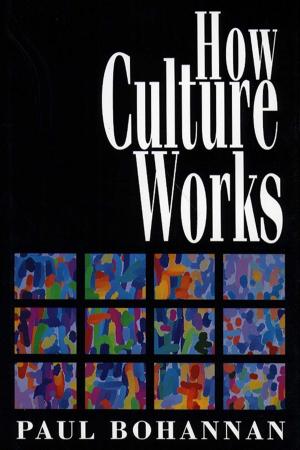Reagan's Path to Victory
The Shaping of Ronald Reagan's Vision: Selected Writings
Nonfiction, History, Americas, United States, 20th Century, Biography & Memoir, Political| Author: | Kiron K. Skinner, Annelise Anderson, Martin Anderson | ISBN: | 9780743276436 |
| Publisher: | Free Press | Publication: | December 1, 2004 |
| Imprint: | Free Press | Language: | English |
| Author: | Kiron K. Skinner, Annelise Anderson, Martin Anderson |
| ISBN: | 9780743276436 |
| Publisher: | Free Press |
| Publication: | December 1, 2004 |
| Imprint: | Free Press |
| Language: | English |
In the last years of Ronald Reagan's life, his voluminous writings on politics, policy, and people finally emerged and offered a Rosetta stone by which to understand him. From 1975 to 1979, in particular, he delivered more than 1,000 radio addresses, of which he wrote at least 680 himself. When drafts of his addresses were first discovered, and a selection was published in 2001 as Reagan, In His Own Hand by the editors of this book, they caused a sensation by revealing Reagan as a prolific and thoughtful writer, who covered a wide variety of topics and worked out the agenda that would drive his presidency. What was missed in that thematic collection, however, was the development of his ideas over time. Now, in Reagan's Path to Victory, a chronological selection of more than 300 addresses with historical context supplied by the editors, readers can see how Reagan reacted to the events that defined the Carter years and how he honed his message in the crucial years before his campaign officially began.
The late 1970s were tumultuous times. In the aftermath of Vietnam and Watergate, America's foreign and domestic policies were up for grabs. Reagan argued against the Panama Canal treaties, in vain; against the prevailing view that the Vietnam War was an ignoble enterprise from the start; against détente with the Soviet Union; against the growth of regulation; and against the tax burden. Yet he was fundamentally an optimist, who presented positive, values-based prescriptions for the economy and for Soviet relations. He told many inspiring stories; he applauded charities and small businesses that worked to overcome challenges.
As Reagan's Path to Victory unfolds, Reagan's essays reveal a presidential candidate who knew himself and knew his positions, who presented a stark alternative to an incumbent administration, and who knew how to reach out and touch voters directly. Reagan's Path to Victory is nothing less than a president's campaign playbook, in his own words.
In the last years of Ronald Reagan's life, his voluminous writings on politics, policy, and people finally emerged and offered a Rosetta stone by which to understand him. From 1975 to 1979, in particular, he delivered more than 1,000 radio addresses, of which he wrote at least 680 himself. When drafts of his addresses were first discovered, and a selection was published in 2001 as Reagan, In His Own Hand by the editors of this book, they caused a sensation by revealing Reagan as a prolific and thoughtful writer, who covered a wide variety of topics and worked out the agenda that would drive his presidency. What was missed in that thematic collection, however, was the development of his ideas over time. Now, in Reagan's Path to Victory, a chronological selection of more than 300 addresses with historical context supplied by the editors, readers can see how Reagan reacted to the events that defined the Carter years and how he honed his message in the crucial years before his campaign officially began.
The late 1970s were tumultuous times. In the aftermath of Vietnam and Watergate, America's foreign and domestic policies were up for grabs. Reagan argued against the Panama Canal treaties, in vain; against the prevailing view that the Vietnam War was an ignoble enterprise from the start; against détente with the Soviet Union; against the growth of regulation; and against the tax burden. Yet he was fundamentally an optimist, who presented positive, values-based prescriptions for the economy and for Soviet relations. He told many inspiring stories; he applauded charities and small businesses that worked to overcome challenges.
As Reagan's Path to Victory unfolds, Reagan's essays reveal a presidential candidate who knew himself and knew his positions, who presented a stark alternative to an incumbent administration, and who knew how to reach out and touch voters directly. Reagan's Path to Victory is nothing less than a president's campaign playbook, in his own words.















